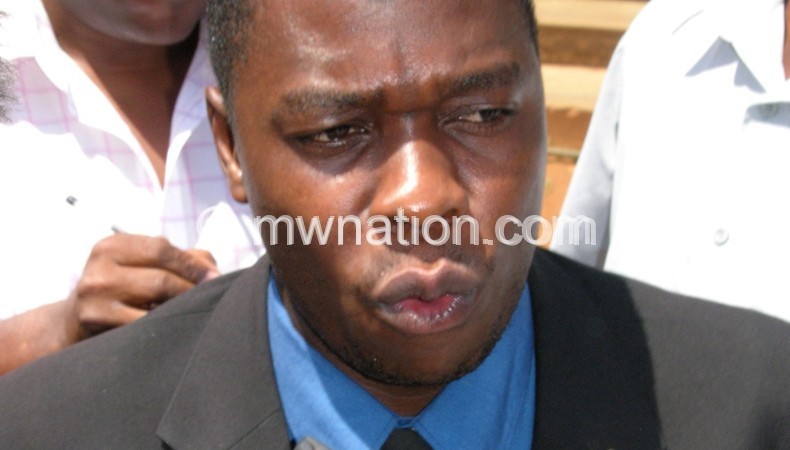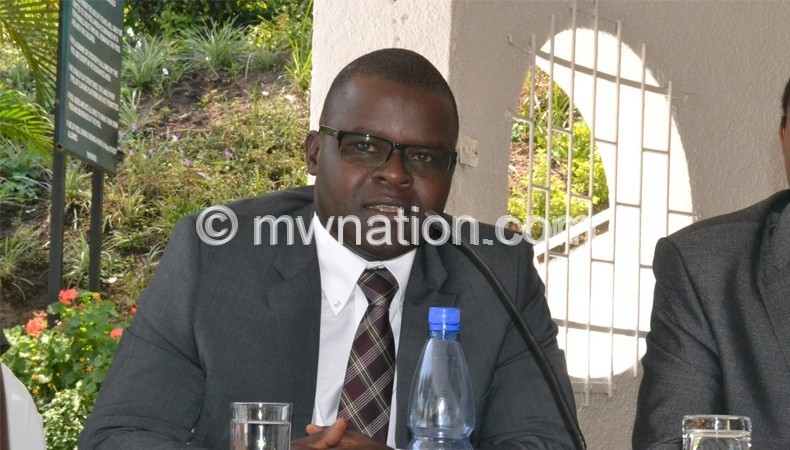Lawyers cautious on cashgate names
Malawi Law Society (MLS) and a private practice lawyer have backed the Auditor General’s (AG) decision to seek guidance before releasing details of individuals and companies suspected to have been involved in abuse of public resources between 2009 and 2014.
The AG, Stephenson Kamphasa, was on Tuesday set to present to Parliament through the Public Accounts Committee (PAC) the details, but shelved the release and requested the Attorney General’s Chambers to give a legal opinion first on implications of the act.

And legal minds yesterday found the AG’s move “perfectly normal”, arguing it would be wrong to insist that the AG releases information about individuals and companies without seeking legal advice.
The details of the individuals and businesses are those identified in the recently released forensic audit report, which established that during the six-year period about K236 billion in public funds could not be accounted for.
MLS president John Suzi-Banda said it was important that the Attorney General, as chief legal counsel for government, gives his advice on the possible legal ramifications of publicising the names while investigations were still underway.
In an e-mailed response, Suzi-Banda said: “We would be acting like mindless zealots or an angry thoughtless mob seeking instant justice in naming and shaming suspects. What should be of most concern to us should be a solemn promise from the prosecutorial authorities to fervently pursue the suspects and ensure that justice is not only done, but be seen to be done.”

However, the MLS president said there was no law for the rich and politically connected and another for the poor and vulnerable; hence, the society shall remain vigilant and expose any attempts by anyone to circumvent the rule of law.
On the other hand, lawyer Justin Dzonzi, while describing the matter as tricky, said making the names public was essentially a choice between “two evils”.
He said: “If we make them public, we risk breaching their right to privacy and in the event that those officers are absolved from any wrong-doing, then as a country we may end up facing defamation charges which may lead to government paying huge compensations.”
On the other hand, Dzonzi said keeping the information hidden was essentially protecting people who, by their conduct, have risked the wellbeing of Malawi.
He said: “Now, most of these people are politicians who perhaps in 2019 will be going back to their constituents asking them to vote for them.
“If these constituents knew the specific individuals are not trustworthy and if put in power again they are liable to abuse then one would have thought publishing their names would better inform the public so that they make a good decision.”
But Dzonzi, who is also executive director of Justice Link and board chairperson of Malawi Human Rights Commission (MHRC), also observed that by keeping the names away from Parliament, the AG acted unlawfully because the Public Audit Act requires the National Audit Office to account to Parliament.
“But publishing the names in the newspaper perhaps could be a different story, so we should draw a distinction between those two,” he said.
The move to release the names comes against the backdrop of similar demands in the previous Baker Tilly forensic audit report covering the period April to September 2013 which Parliament is yet to follow up. n





